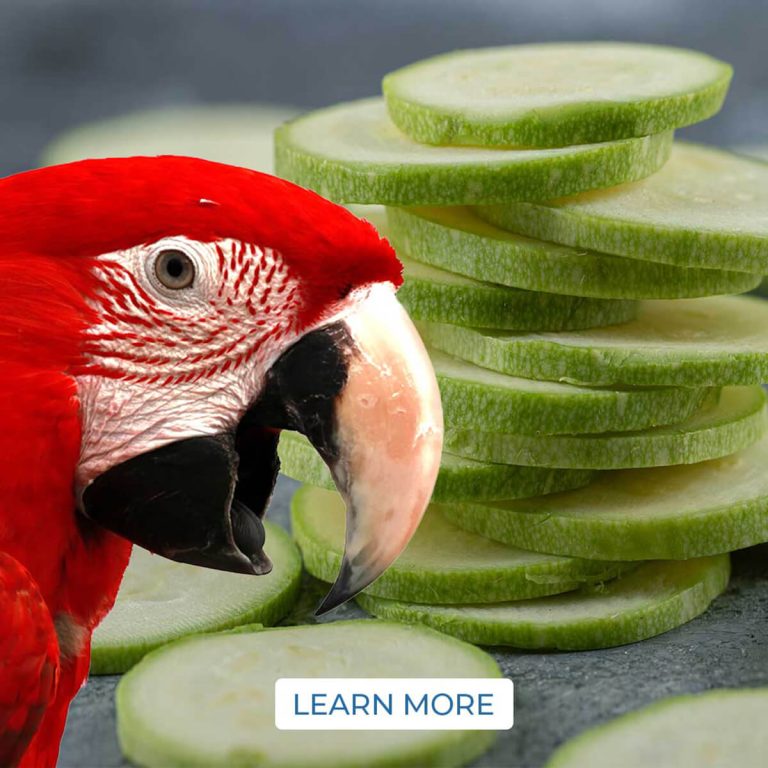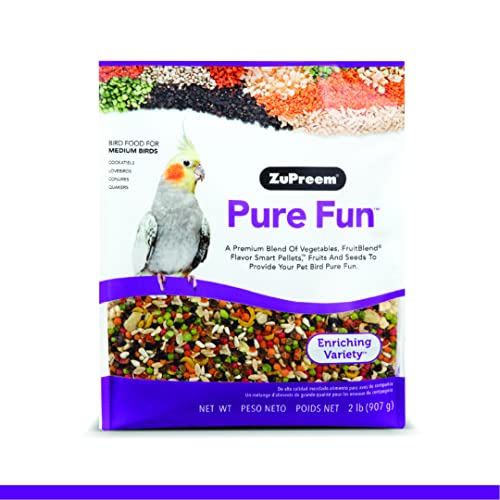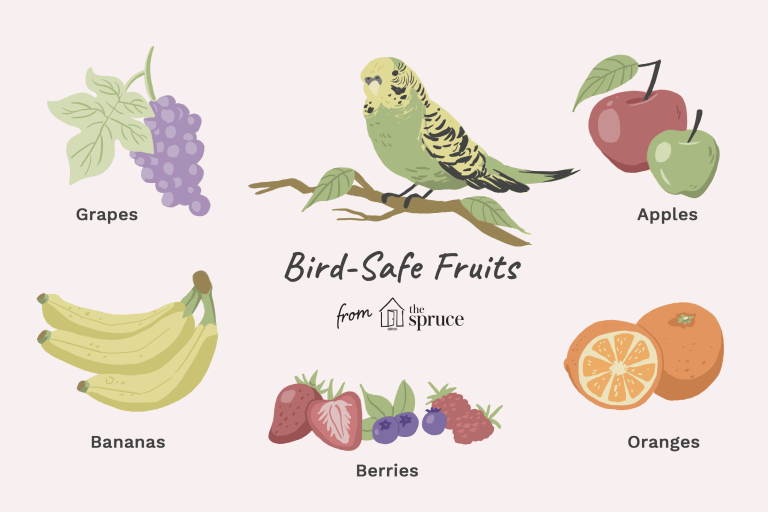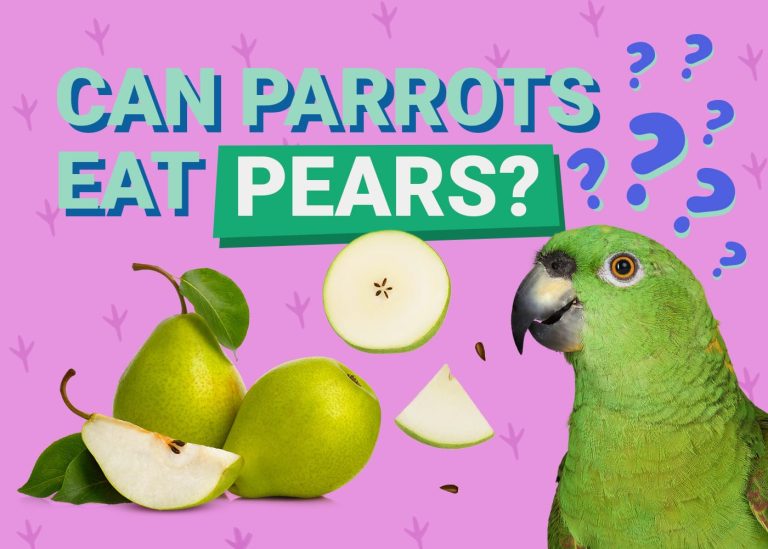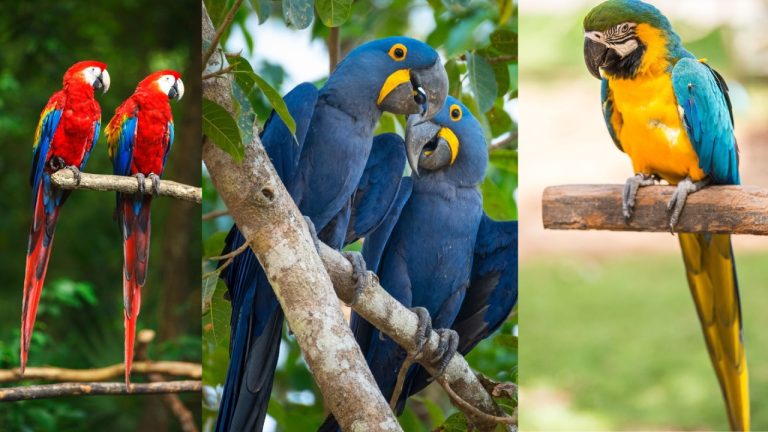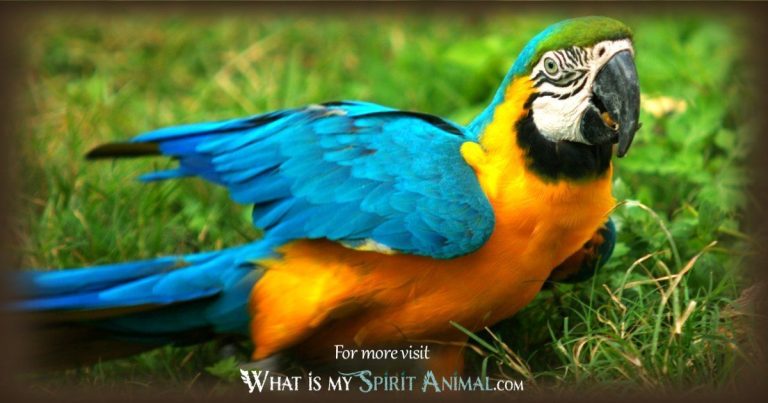How Much Does a Parrot Weigh?
Parrots typically weigh between 2 ounces to over 3 pounds, depending on the species. Small parrots like budgerigars weigh around 2 to 4 ounces, while larger species like macaws can exceed 3 pounds.
Parrots are vibrant and intelligent birds known for their social behavior and ability to mimic sounds. With over 400 species, their size and weight vary greatly. Factors such as diet, habitat, and species classification all influence a parrot’s weight. Understanding these aspects helps potential owners choose the right parrot for their lifestyle.
Whether you’re considering a small parakeet or a large macaw, knowing their weight range is essential for proper care. This knowledge also aids in ensuring your parrot maintains a healthy weight throughout its life.
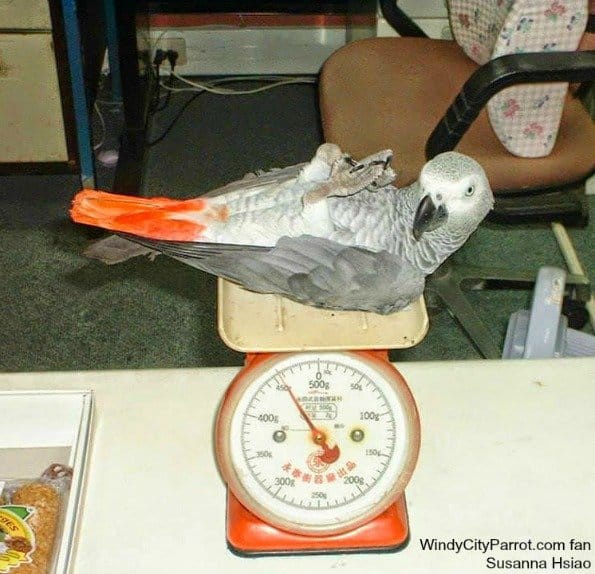
Credit: windycityparrot.com
Introduction To Parrot Sizes And Weights
Parrots come in many sizes. The weight of a parrot varies widely. Some small species weigh less than 100 grams. Larger species can weigh over 1,000 grams. Factors like species and age affect their weight.
Common parrot species include:
- Budgerigar: 30-40 grams
- African Grey: 400-600 grams
- Macaw: 900-1,200 grams
- Amazon Parrot: 400-500 grams
Understanding the average weight range helps in proper care. Healthy weight supports a parrot’s well-being.
Factors Influencing Parrot Weight
Parrot weight varies due to several factors. Age plays a vital role in their growth. Younger parrots gain weight as they mature.
Diet and nutrition significantly impact a parrot’s weight. A balanced diet helps maintain a healthy weight. Overfeeding or improper food can lead to obesity.
Health conditions also affect weight. Illnesses may cause weight loss or gain. Regular vet check-ups help monitor their health.
Popular Parrot Species And Their Weights
Budgerigars, commonly known as budgies, weigh between 1 to 1.5 ounces. These small parrots are very popular due to their friendly nature.
African Greys are larger, weighing around 12 to 18 ounces. They are known for their exceptional intelligence and ability to mimic speech.
Macaws are among the heaviest parrots. They can weigh from 15 to 50 ounces, depending on the species. Their vibrant colors and size make them quite striking.
The Smallest Parrots: Weighing The Tiny Wonders
The smallest parrots are truly fascinating. They have unique traits and sizes. Parrotlets are one of the tiniest types. They typically weigh between 28 to 40 grams. These birds are playful and full of energy.
Another small type is Lovebirds. They usually weigh around 50 to 70 grams. Lovebirds are known for their strong bonds and playful nature. Both parrotlets and lovebirds make great pets. Their small size is perfect for any home.
The Giants Among Parrots
The Hyacinth Macaw is the largest parrot species. They can weigh between 2.2 to 4.0 pounds. Their beautiful blue feathers make them easy to spot. These birds have strong beaks for cracking nuts.
The Green-Winged Macaw is also a large parrot. Weights range from 2.5 to 3.5 pounds. Their vibrant red and green feathers attract attention. They are known for their playful nature and intelligence.
| Parrot Species | Weight Range |
|---|---|
| Hyacinth Macaw | 2.2 to 4.0 pounds |
| Green-Winged Macaw | 2.5 to 3.5 pounds |

Credit: everythingbirdsonline.com
How To Monitor And Maintain Healthy Weight In Parrots
Regular weigh-ins help track your parrot’s health. Use a reliable scale. Weigh your bird weekly for the best results.
A balanced diet is key for a healthy parrot. Include seeds, fruits, and vegetables. Avoid too many fatty foods. Fresh water must always be available.
Exercise and activity keep parrots fit. Provide toys for mental stimulation. Let them fly in a safe space. Daily playtime is essential for their well-being.
Impact Of Weight On Parrot Health And Lifespan
Parrot weight significantly affects their health and lifespan. Overweight parrots face serious health issues. These include heart disease, joint problems, and diabetes. Maintaining a healthy weight can help prevent these problems.
Regular exercise is essential for weight management. Providing toys and opportunities to play keeps them active. A balanced diet also plays a crucial role. Offer a variety of fruits, vegetables, and seeds in moderation.
| Health Issue | Weight Impact |
|---|---|
| Heart Disease | Increased fat leads to heart strain. |
| Joint Problems | Extra weight puts pressure on joints. |
| Diabetes | Overweight parrots are more prone to diabetes. |

Credit: birdtricksstore.com
Case Studies: Weight Management Success Stories
Many parrot owners face challenges with overweight birds. These birds can suffer from health problems. Rehabilitation involves a balanced diet and regular exercise. Owners should consult a vet for a proper plan.
Success stories highlight the transformation of many parrots. With dedication, owners see their birds become active and healthy. Weight loss improves their overall quality of life. Happy parrots often live longer and breed successfully.
| Parrot Name | Before Weight (lbs) | After Weight (lbs) | Time Taken (months) |
|---|---|---|---|
| Sunny | 1.5 | 1.1 | 6 |
| Polly | 2.0 | 1.5 | 8 |
| Charlie | 3.0 | 2.2 | 10 |
Frequently Asked Questions
How Much Does An Average Parrot Weigh?
The average weight of a parrot varies by species. Small parrots like budgerigars typically weigh around 30 to 40 grams. Medium-sized parrots, such as cockatiels, weigh between 80 to 120 grams. Larger species, like macaws, can weigh from 400 grams to over 1,000 grams depending on their breed.
What Factors Influence A Parrot’s Weight?
Several factors influence a parrot’s weight, including species, age, and diet. Genetics also play a role in determining size. Additionally, environmental factors, such as habitat and activity level, can impact their weight. Regular vet check-ups can help monitor and maintain a healthy weight for your parrot.
How Can I Tell If My Parrot Is Overweight?
To determine if your parrot is overweight, check for a rounded belly and difficulty flying. You can also feel their breastbone; it should be prominent. If your parrot has excessive fat deposits or lacks energy, it may be overweight. Consult a veterinarian for a thorough health assessment.
Do Parrots Lose Weight Easily?
Parrots can lose weight, but it should be gradual. Sudden weight loss can indicate health issues. A balanced diet and regular exercise are crucial for maintaining a healthy weight. If you notice rapid weight loss, consult a veterinarian immediately for proper diagnosis and treatment.
Conclusion
Understanding parrot weight is essential for their care. Different species have varying weights, which can impact their health. Regular check-ups help monitor any significant changes. Always provide a balanced diet to maintain their ideal weight. A healthy parrot leads to a happy pet.
Keep learning about your feathered friend for better care.

